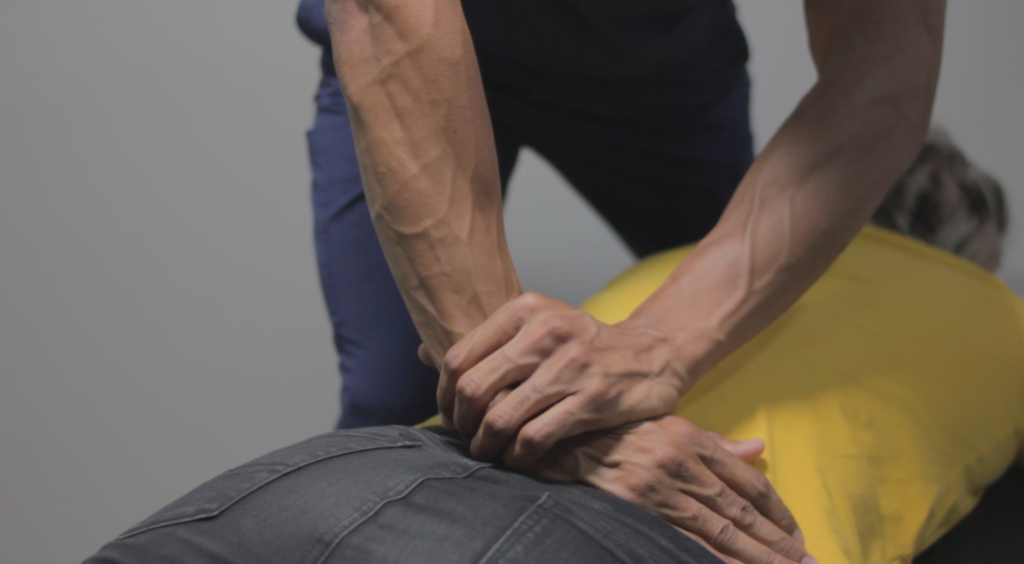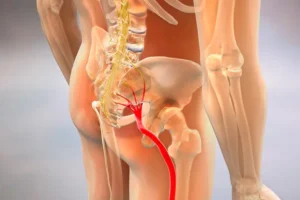
Low back pain can come on suddenly and ruin your day. But have you ever wondered what causes low back pain? Although we sometimes think it is due to "bad posture" or "strain", there are multiple causes that are worth understanding to prevent more serious discomfort.
In this article we explain the most common causes, risk factors and when to seek professional help.
What is low back pain?
The lumbago is the medical name for pain located in the lower back. It can be mild or very severe, and is usually made worse by certain postures or movements.
Although there is not always a single cause, there are factors that recur frequently in patients who come for consultation.
Main causes of low back pain
1. Poor posture
Spending many hours sitting or standing without good ergonomics generates pressure in the lower back. This is especially common in office workers or drivers.
2. Lifting objects incorrectly
Using the back instead of the legs when lifting weights is one of the most effective ways of lifting. most common causes of sudden pain.
3. Muscle weakness
A weak abdomen or inactive glutes cause the back to work twice as hard. This leads to overload and pain over time.
4. Injuries or accidents
A blow or accident may affect the discs, joints or nerves in the back. If the pain does not disappear after a few days, it is important to evaluate possible deeper damage.
5. Medical conditions
Herniated discs, scoliosis or osteoarthritis are risk factors that require professional treatment.
And how do you know if the pain is serious?
If the pain does not improve within 3 days, intensifies over time, or moves down the leg (as with sciatica), it is time to seek professional help.
👉 You can read more here:
What causes low back pain and how to treat it?
And according to the Mayo ClinicThe most common risk factors for low back pain include lack of exercise, excess weight, and degenerative conditions (e.g., osteoarthritis, osteoarthritis, osteoporosis).see article).
Conclusion
Saber what causes low back pain is the first step to avoid it. Understanding its causes allows you to change habits, prevent relapses and seek care in time.
Don't let it pass you by: taking care of your spine is taking care of your daily well-being.




